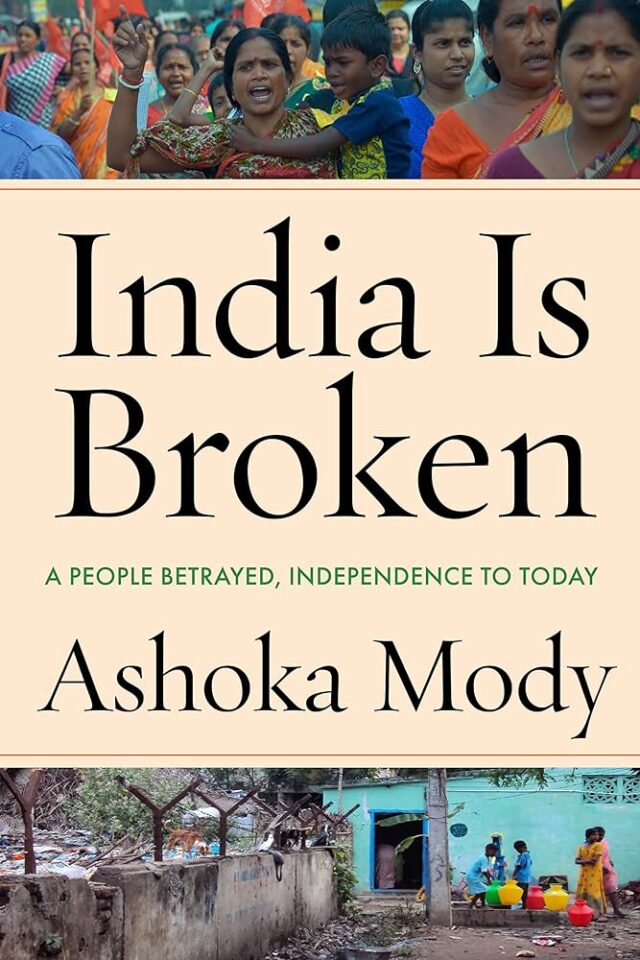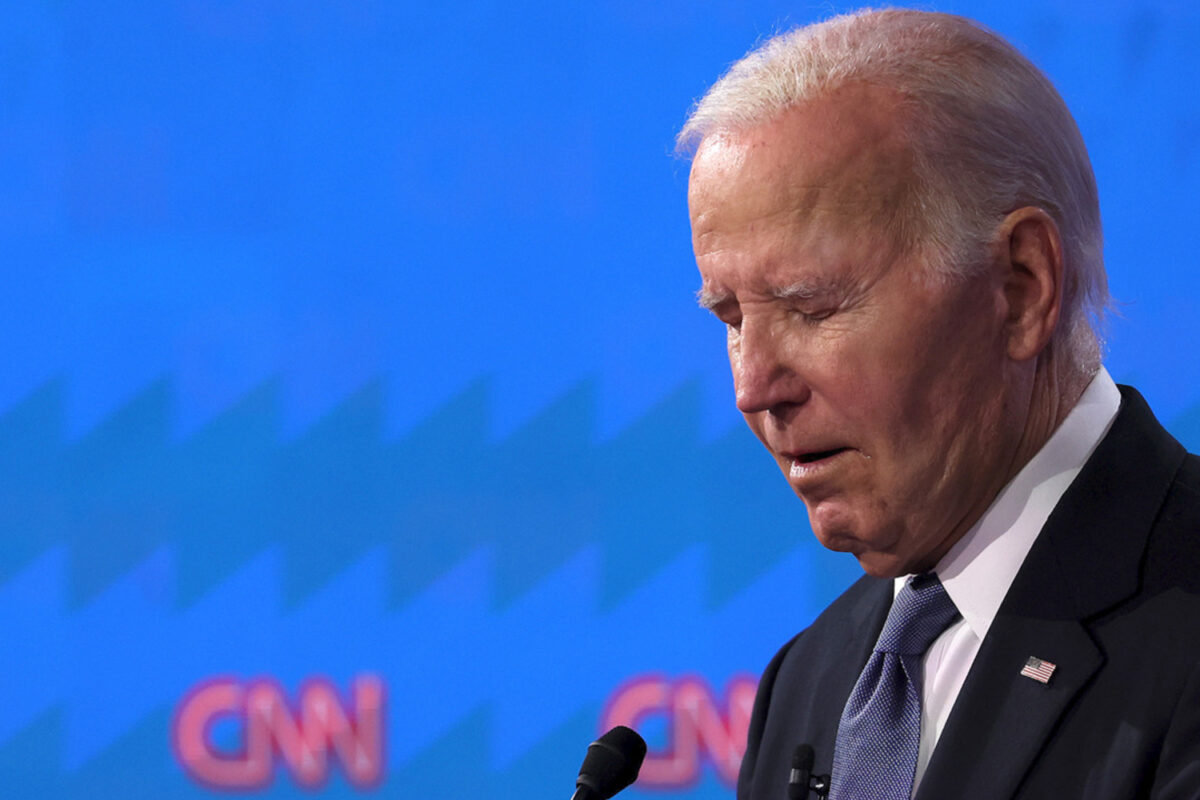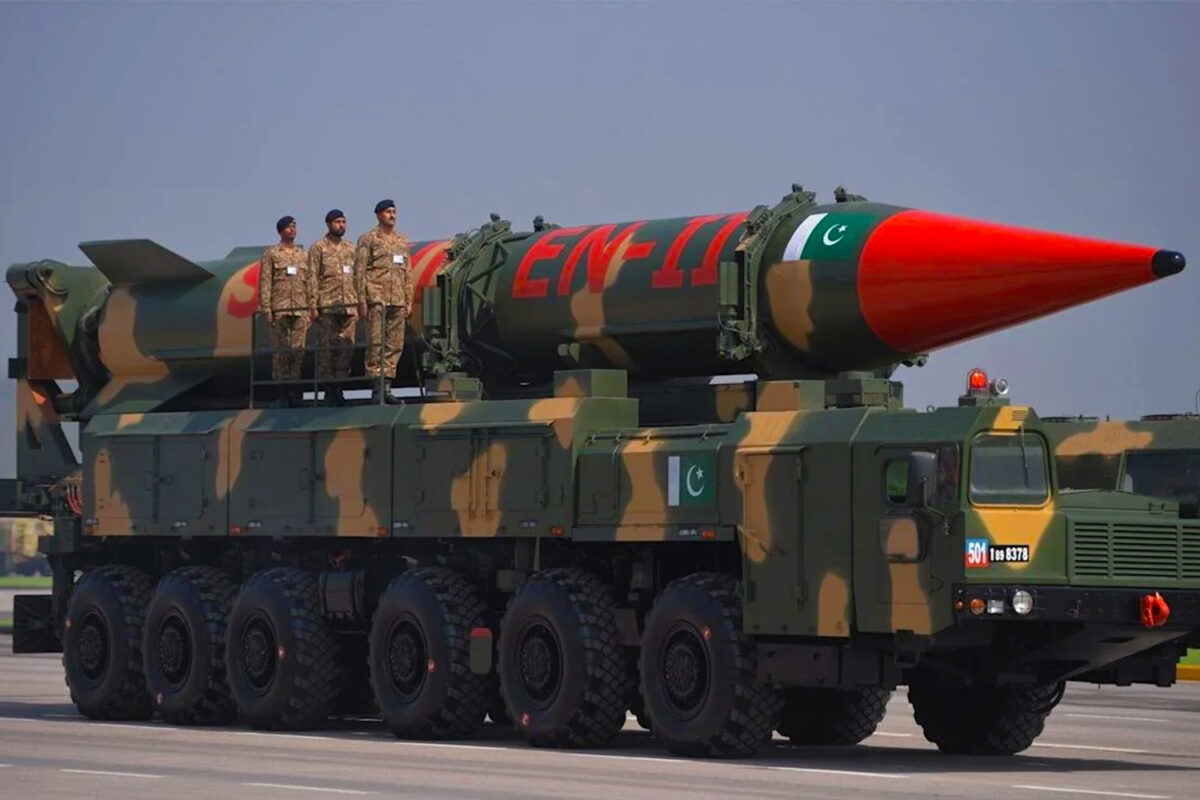India Is Broken: A People Betrayed, Independence to Today
Ashoka Mody
2023
 “For a nation that heralded independence as the dawn of promise and progress, why does the shadow of unemployment, corruption, and broken public systems linger still?”
“For a nation that heralded independence as the dawn of promise and progress, why does the shadow of unemployment, corruption, and broken public systems linger still?”
Seventy-five years after independence, India stands as a global powerhouse, yet Ashoka Mody’s India Is Broken asks a haunting question: at what cost?
In this gripping political and economic history, Mody dismantles the triumphalist narrative of India’s rise, revealing a nation where dreams of prosperity and democracy have been steadily betrayed. Blending data with storytelling, he charts a path from Nehru’s lofty ambitions to today’s widening inequalities, exposing how decades of policy failures and moral compromises have left millions behind. This is not just a history book, it’s a bold indictment of a system that has long failed its people.
Unlike celebratory or policy-centric narratives, Mody’s work stands out by combining rigorous economic data with cultural references, films, literature, anecdotes, painting a deeply human, structural critique of India’s political economy.
Mody argues that India’s post-colonial trajectory is defined by an unbroken chain of policy missteps and systemic failings. His core contention: despite repeated aspirations toward democracy and growth, leaders consistently failed to deliver dignified jobs, robust public goods, or ethical governance, leaving India in a state of broken promise.
When it comes to Jobs from Nehru’s focus on heavy industry to today’s faltering labor markets, mass employment has been chronically neglected. In 1955, India faced a jobs shortfall of ~25 million; by 2019, that had grown to 80 million or more.
Mody argues there is a public goods deficit. A parallel neglect of primary education, healthcare, urban infrastructure, and environmental stewardship has undercut human development. East Asian economies like Japan and South Korea invested heavily here; India did not.
Mody highlights the erosion of democratic norms. From procedural democracy to moral fracturing. Mody shows how leaders across eras – Nehru, Indira, Rajiv and Modi perpetuated corruption, centralization, and intolerance, hollowing out democratic institutions.
Mody also interweaves reflections on Bollywood films, Shree 420, Pratidwandi, Satya—to reflect societal moods and political shifts, enriching the narrative with cultural resonance.
Mody divides the book into chronological sections, from Nehru’s “big-industry” era, through political upheavals like Emergency and liberalization, ending with the recent “Hubris” of the Modi period. Each section blends empirical data, historical narrative, and cultural insight.
Mody’s relentless focus on employment and public goods, accompanied by clear charts and statistics, sharpens his critique spanning every political era and administration, resisting partisan framing.
The book is easy to read, in accessible style with integration of cinema, anecdotes, and storytelling techniques allowing complex economic and political concepts to resonate with general audiences and provocatively pushes readers toward fundamental questions – “What kind of country do we want India to be?”
A glaring omission in the book is factoring in the impact of India’s caste system – Despite it being one of the deepest forces shaping inequality, access to public goods, and the very fabric of Indian democracy, Mody gives it only passing mention, a startling oversight in a book that aims to explain why India is “broken.”
India Is Broken misses the point of providing historical contrast with India’s own pre-colonial prosperity. While Mody meticulously chronicles policy failures and democratic erosion since 1947, he largely sidesteps the deeper historical context: India was once a global economic powerhouse, a land of flourishing trade, knowledge systems, and vibrant local governance before colonial exploitation gutted its wealth and institutions. By not exploring this trajectory, from pre-colonial affluence to colonial plunder to post-independence struggles, the book misses an opportunity to show how independence was less a clean slate than a deeply compromised inheritance.
One of the book’s most striking blind spots is its dismissal of the systemic forces that have shaped India’s trajectory. By focusing almost exclusively on leadership failures and fragmented policies, India Is Broken largely ignores how India’s ideological pendulum, from Congress-era socialism inspired by Soviet models to the BJP’s aggressive embrace of capitalism has entrenched inequality and distorted governance. This omission makes it seem as though India’s decline happened in a vacuum, rather than as the result of decades of imported economic systems that reshaped society and locked the country into cycles of inefficiency and exclusion.
While diagnosing the disease, Mody offers less in the way of systemic cures—though he suggests renewed civic values and decentralized authority could help.
In my view, India Is Broken is one of the most important books on India’s political economy of the decade. Mody has crafted a narrative that is both scathing and compassionate, unflinching in diagnosing failure, yet deeply invested in India’s future.
What stood out most to me: the unrelenting focus on jobs as the linchpin of dignity, democracy, and development. By placing employment at the center, with evidence of staggering deficits over generations, Mody underscores that without jobs, everything else falls apart.
The book’s strongest moments are when data meets story, seeing Nehru’s grand dams juxtaposed with the lives left behind, or watching democracy decay through the lens of popular cinema and cultural shifts.
Very importantly, the absence of deeper treatment of caste is a missed opportunity, and readers seeking clear policy plans may feel unsatisfied. But perhaps that’s Mody’s intent, to demand that citizens and policymakers start asking more fundamental questions rather than settle for technocratic fixes.
India Is Broken is a profound, timely reckoning with the life India has lived since independence. It challenges triumphant narratives and complacent optimism, demanding instead a sober, unflinching gaze at legacy and present failure.




